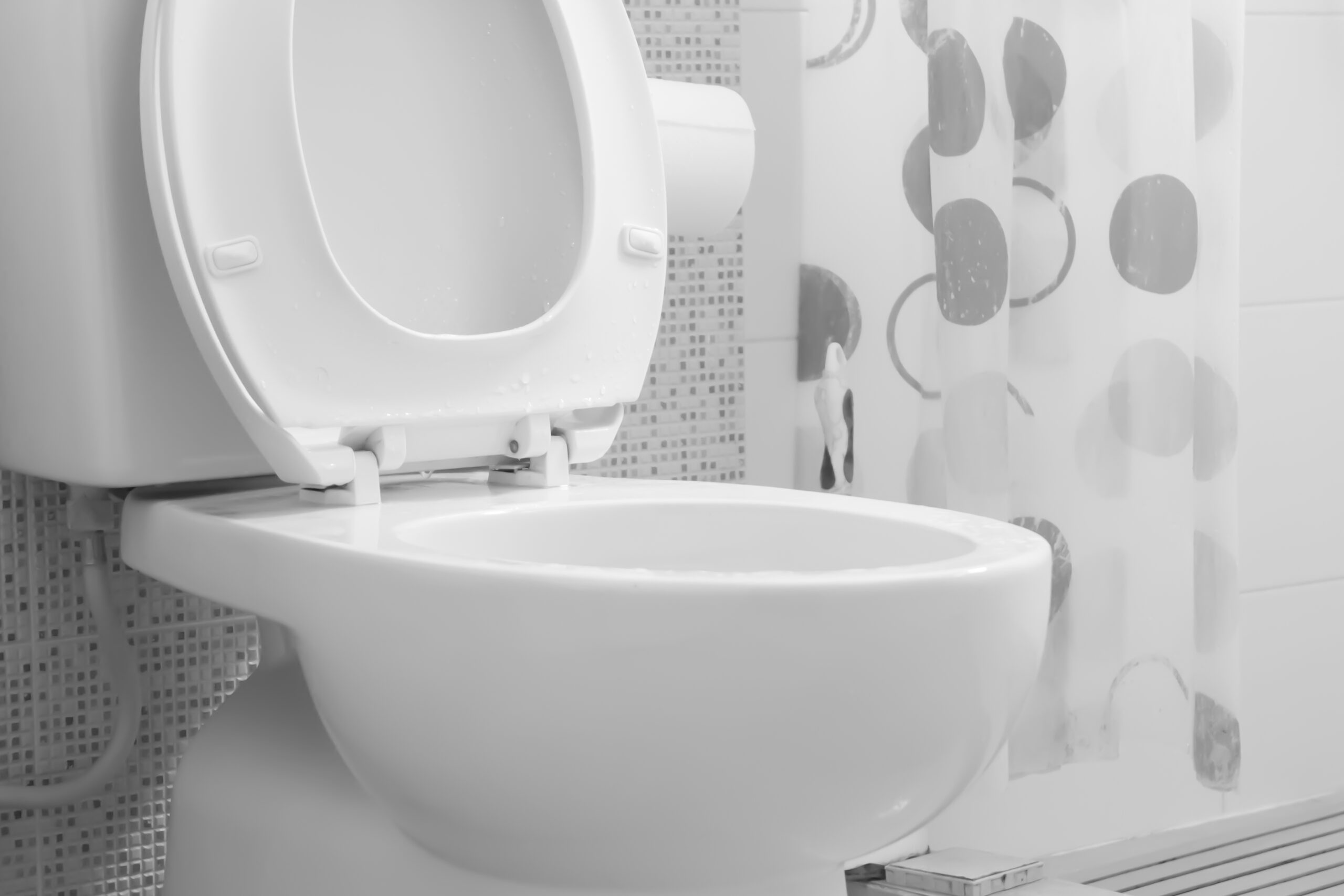At What Point Does My Clogged Toilet Warrant a Plumber?

Not all toilet clogs are fixable with a plunger. Knowing when to call a plumber to fix a clogged toilet is paramount to protecting a home’s plumbing system.
1. Toilet Won’t Flush
Toilets clog for a number of reasons, including mineral buildup in pipes and excessive use of toilet paper. Flushing non-flushable things like paper towels or feminine hygiene products are other common causes of clogs. A plunger or a plumbing snake may occasionally remove small blockages. However, if the clog persists or is really severe, it might be a symptom of a bigger problem with the plumbing system, like a tree root issue. Tree root incursions from nearby trees can infiltrate sewer lines, causing blockages that prevent proper drainage and flushing. If your toilet has a clog and won’t flush, it’s best to call a plumber to find out why. Only then can you fix the problem and avoid further trouble with your plumbing.
2. Slow or No Draining and Toilet Overflows
When a clogged toilet prevents water from draining properly, the water may back up and spill over the bowl’s rim. Overflows can cause structural damage to flooring and walls, leading to costly repairs. Moreover, stagnant water can foster mold and bacteria growth, posing health risks to occupants. A plumber will assess the clog’s severity, using specialized tools like augers or hydro-jetting to dislodge the blockage and fix the drainage issue, mitigating the risk of future overflows.
3. Foul Odors
A clogged toilet can lead to foul odors due to the buildup of waste and bacteria in stagnant water. These odors can have a musty, mildewy smell or a rotten egg smell due to hydrogen sulfide gas. Plumbers typically use a process of elimination to identify the source of the odor, checking for blockages in the toilet’s trap or sewer line. Once identified, they’ll use tools like drain snakes or hydro-jetting to remove the clog and eliminate the odor. This restores proper drainage and prevents future foul smells. Plumbers may also recommend preventive measures like regular drain cleaning to maintain optimal flushing.
4. Water Backing Up Into Other Fixtures
A toilet clog can cause backups into other fixtures due to a blockage in the main sewer line, preventing wastewater from flowing freely. This can lead to backups in sinks, showers and bathtubs, posing health risks and potential water damage to the home. Plumbers use equipment like sewer cameras to locate the blockage and then employ techniques such as hydro-jetting to clear the obstruction.
5. Stuck Foreign Object
Foreign objects, like cotton balls, dental floss, hair ties, diapers and Q-tips, in toilets can lead to minor clogs and even complete blockages. To remove the blockage and get the toilet working again, plumbers usually use augers or drain snakes. Depending on the severity of the problem, plumbers may need to remove the toilet in its entirety. This sometimes happens when the foreign object is badly stuck or causes damage to the plumbing system.
6. Water Pooling Around the Base
As a result of the water being unable to drain correctly, it might pool at the base of a clogged toilet. This happens when water backs up and overflows because the blockage prevents it from flowing into the sewage system. The dangers posed by the collected water include the formation of mold and mildew and water damage to the subfloor, flooring, and neighboring walls. In most cases, a plumber will need to use augers or hydro-jetting to locate the blockage and remove it. This will restore normal drainage and make sure the problem doesn’t happen again.
7. Gurgling Sounds or Other Strange Noises
Clogged toilets sometimes make strange noises, like gurgling, bubbling or even whistling. These sounds usually mean there is air in the pipes, water is having trouble passing past the obstruction or there is an imbalance in the pressure inside the plumbing system. No matter the cause, it’s imperative to fix the problem as quickly as possible to minimize potential damage to the home and its plumbing system.
To fix strange noises coming from a toilet, plumbers will first diagnose the underlying cause by inspecting the toilet and plumbing system. They will check for blockages in the pipes, ensure proper venting and examine the fill valve and flapper for any issues. Depending on the findings, plumbers will then proceed with the appropriate repairs, which may involve adjusting the water pressure, replacing worn-out components or clearing obstructions.
Mullen Plumbing, Heating and Cooling is an industry leader in plumbing, heating and cooling services in South Charleston, WV. If you have a clogged toilet problem, contact us today to schedule a fast and effective repair.
